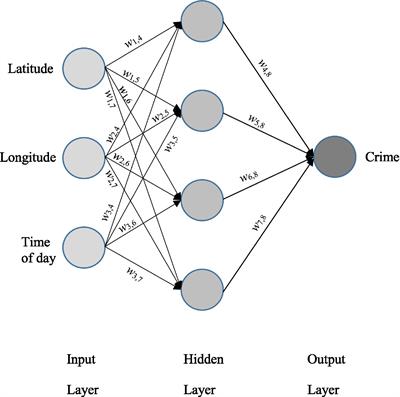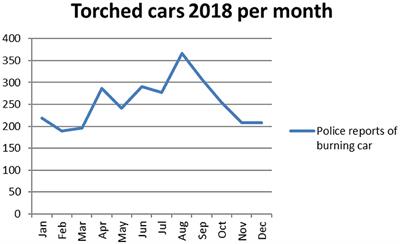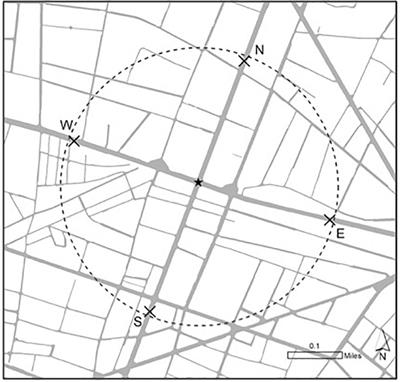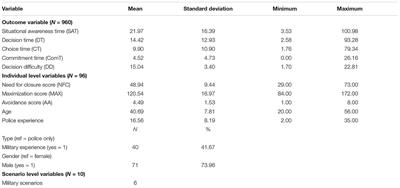EDITORIAL
Published on 22 Dec 2021
Editorial: Using Evidence Based Analytics to Create Narratives for Police Decision Making
doi 10.3389/fpsyg.2021.791605
- 1,390 views
- 2 citations
5,686
Total downloads
40k
Total views and downloads
EDITORIAL
Published on 22 Dec 2021
ORIGINAL RESEARCH
Published on 07 Oct 2021

ORIGINAL RESEARCH
Published on 22 Dec 2020

ORIGINAL RESEARCH
Published on 04 Sep 2020

ORIGINAL RESEARCH
Published on 22 Jul 2020
